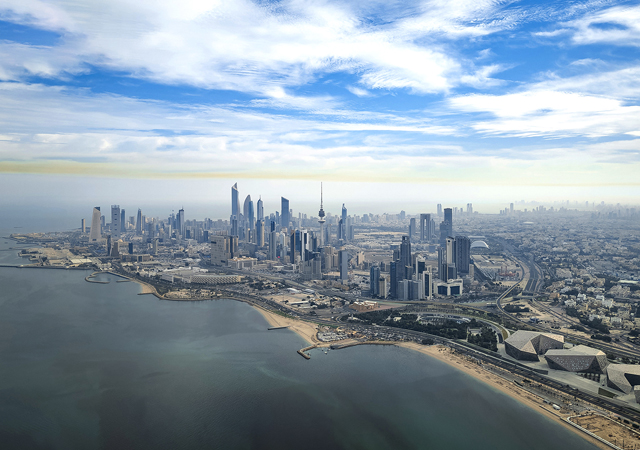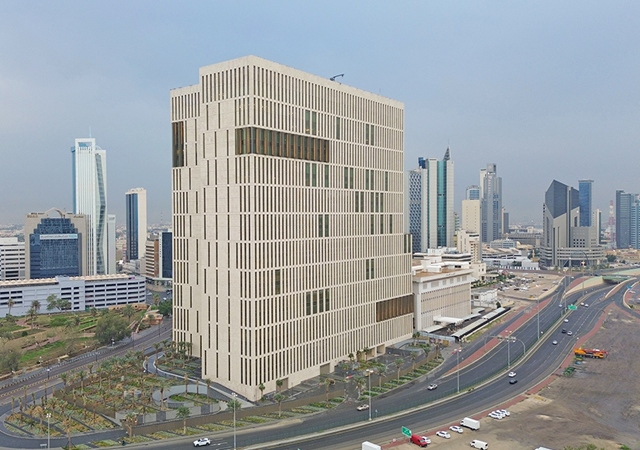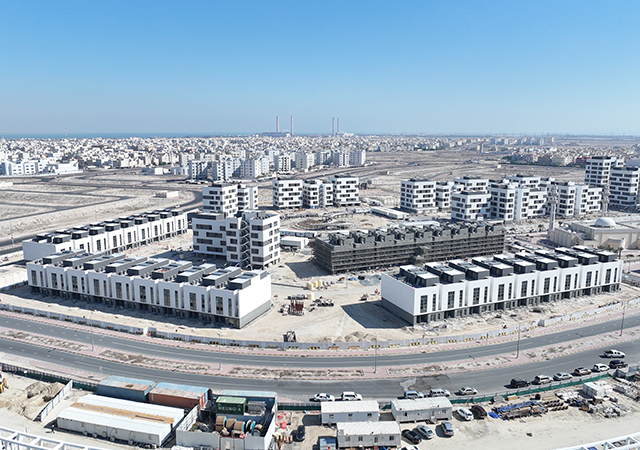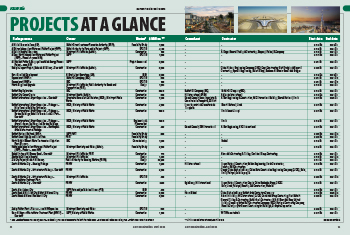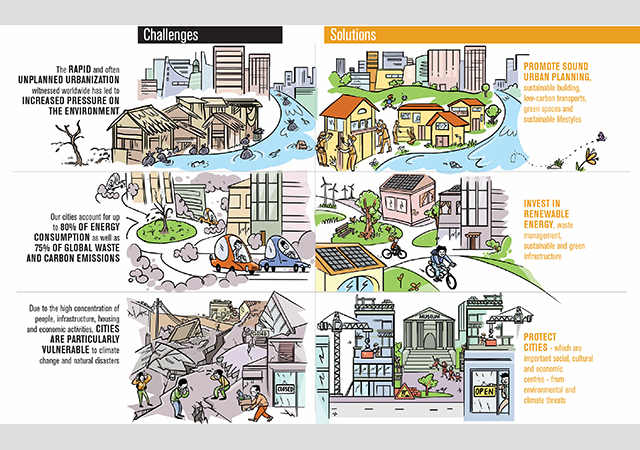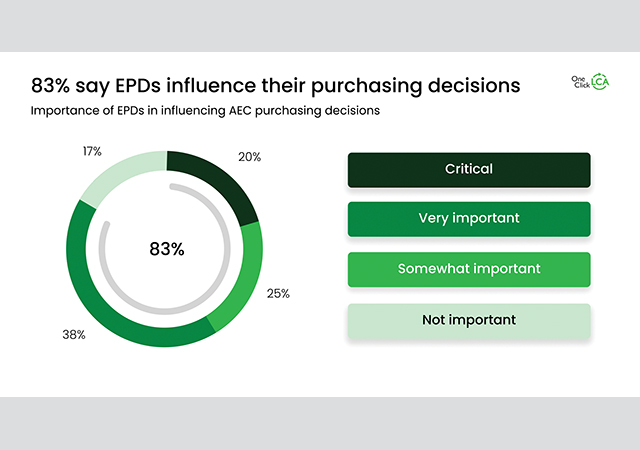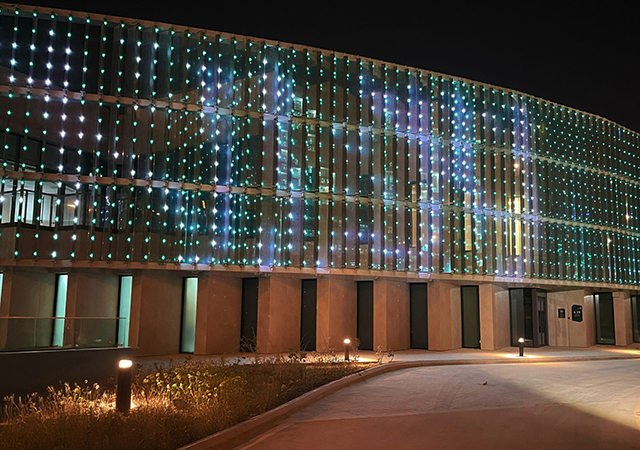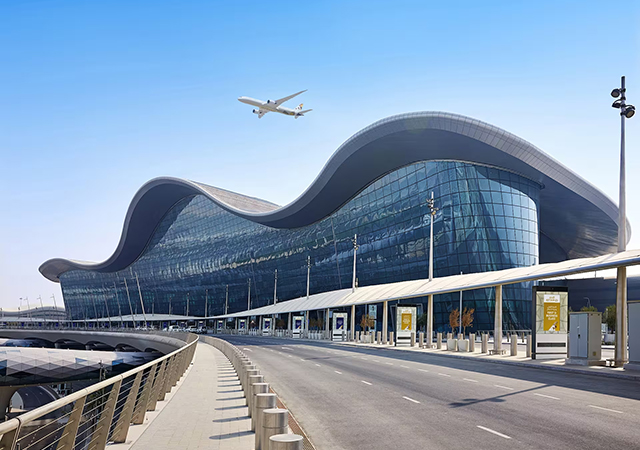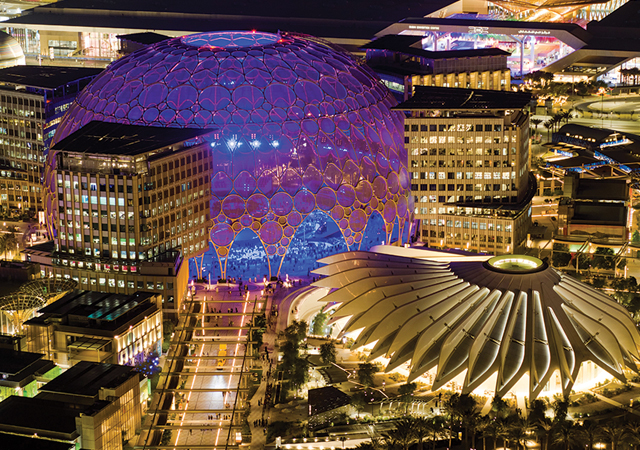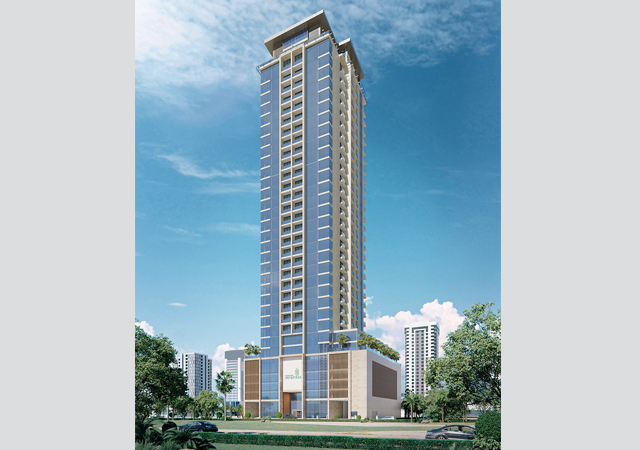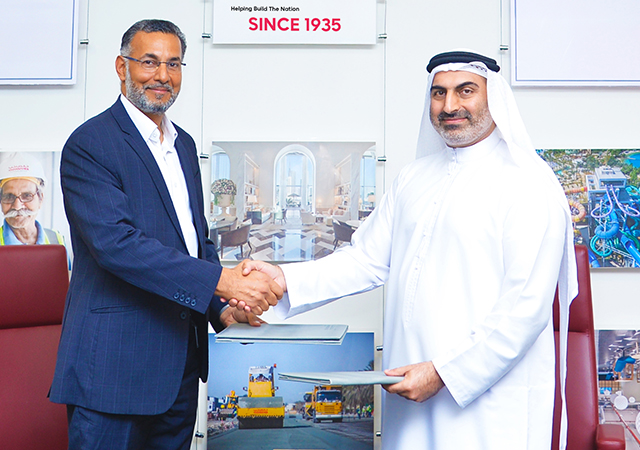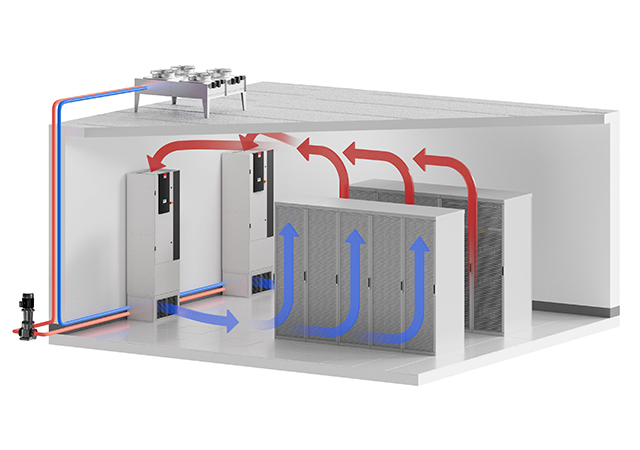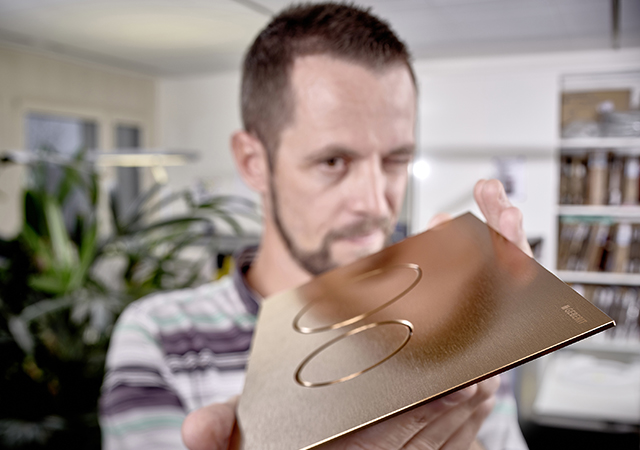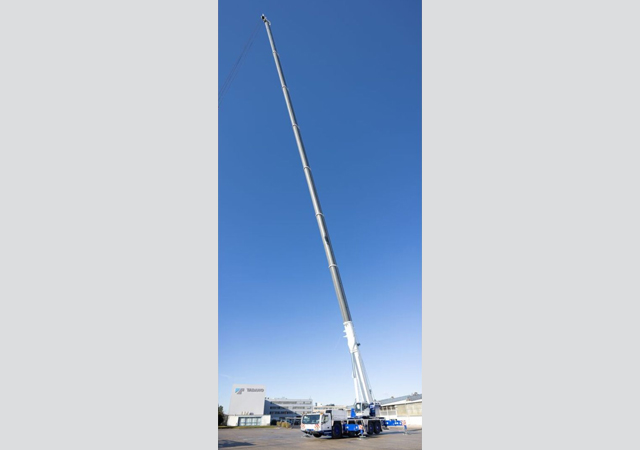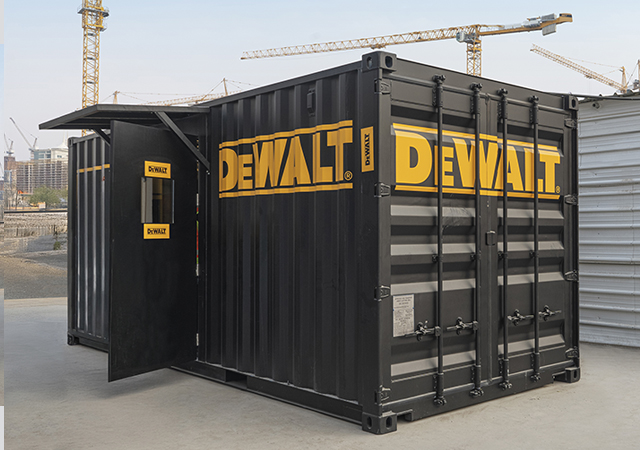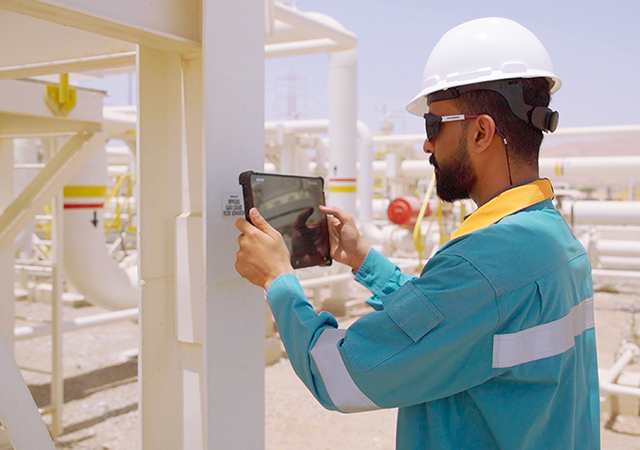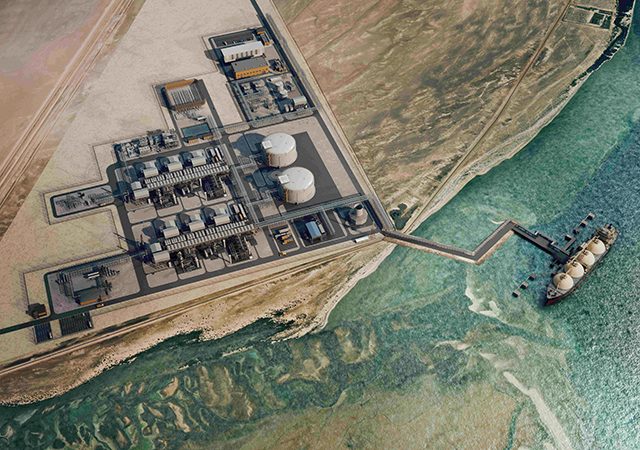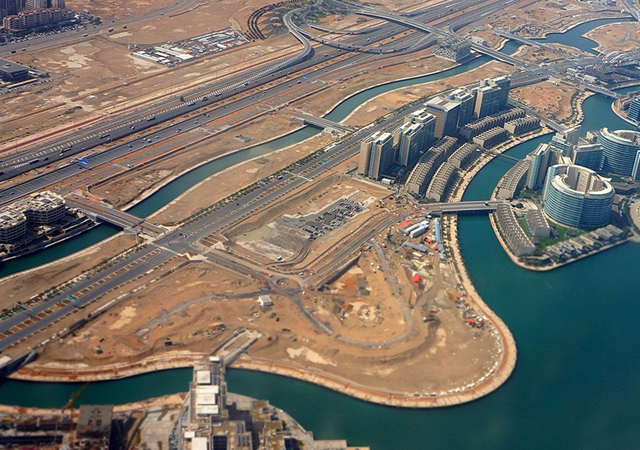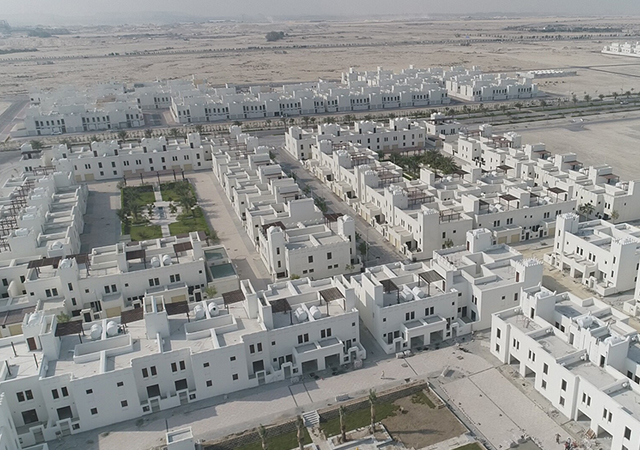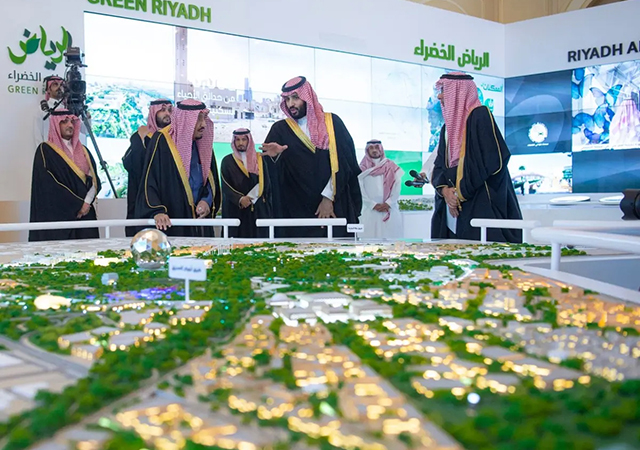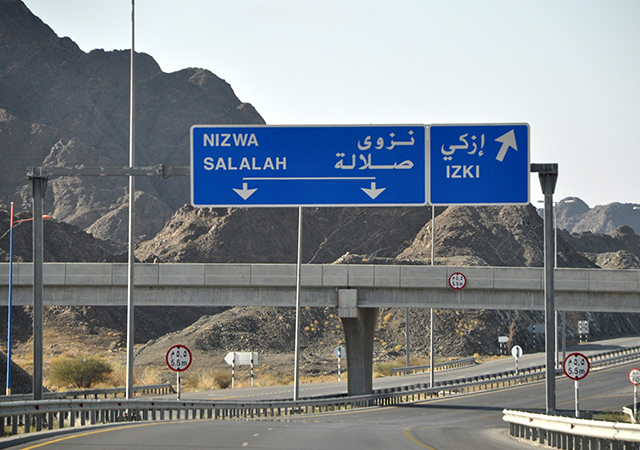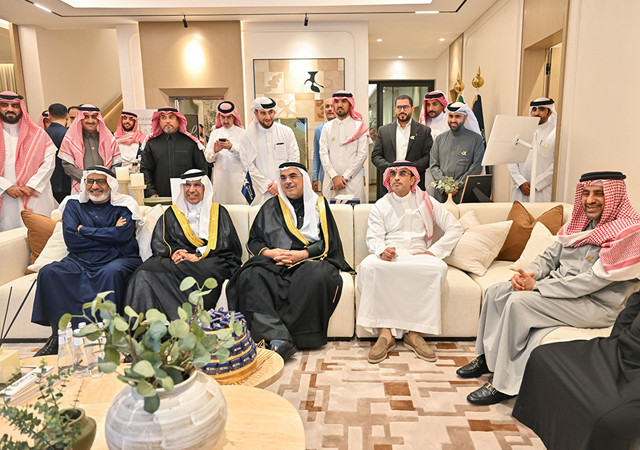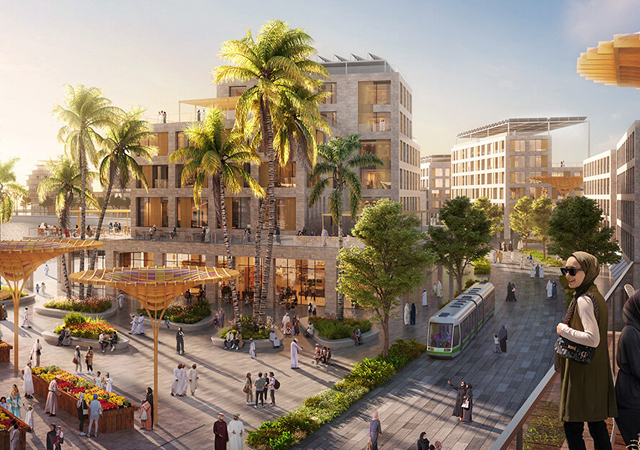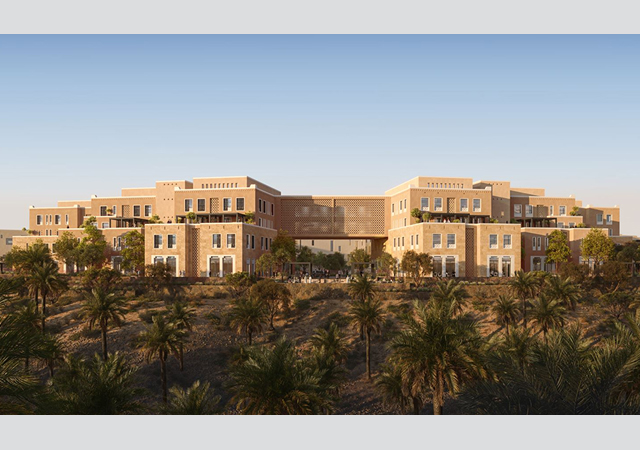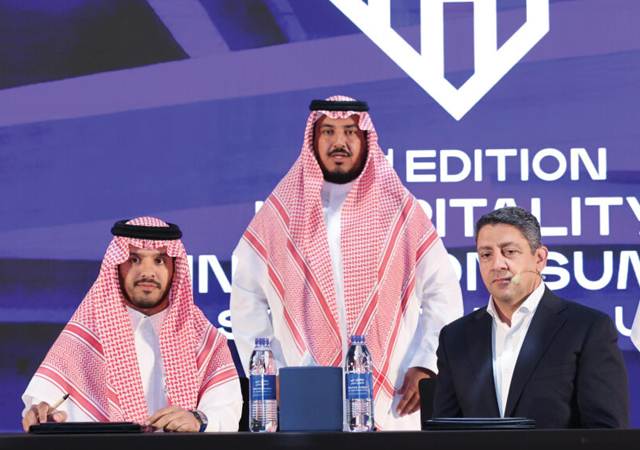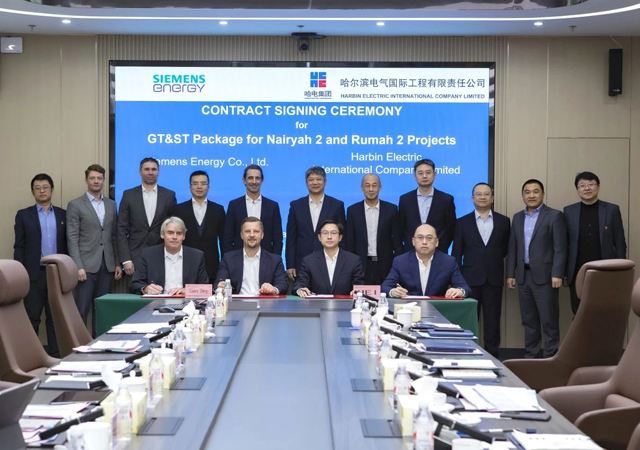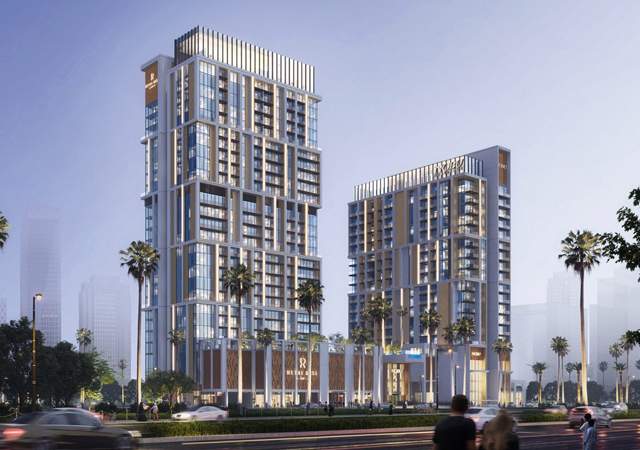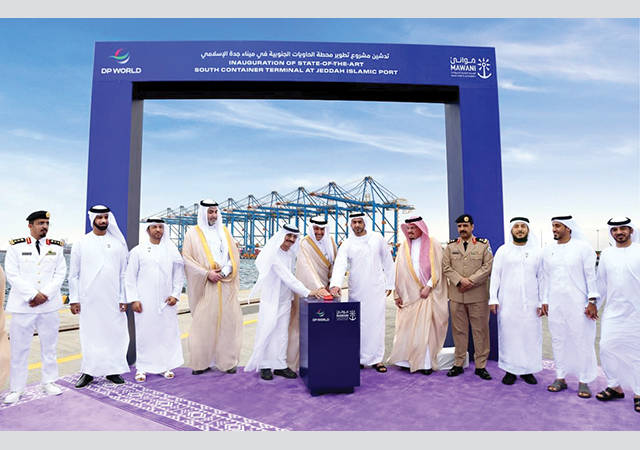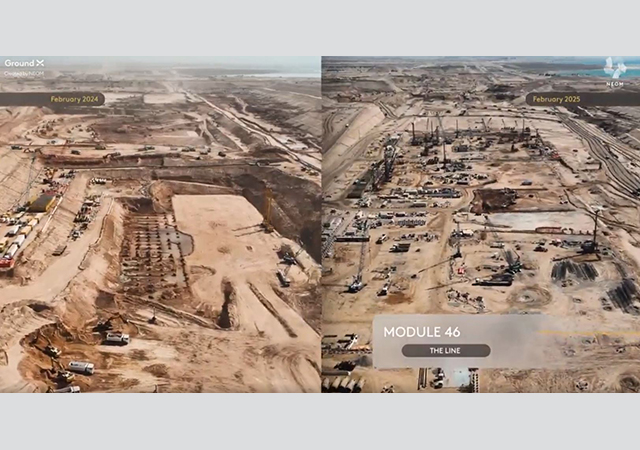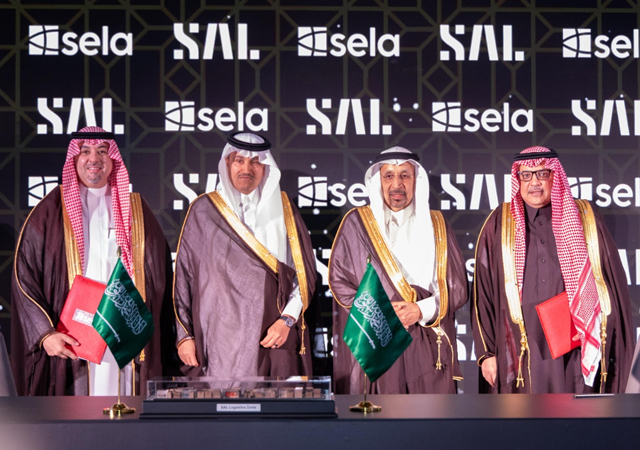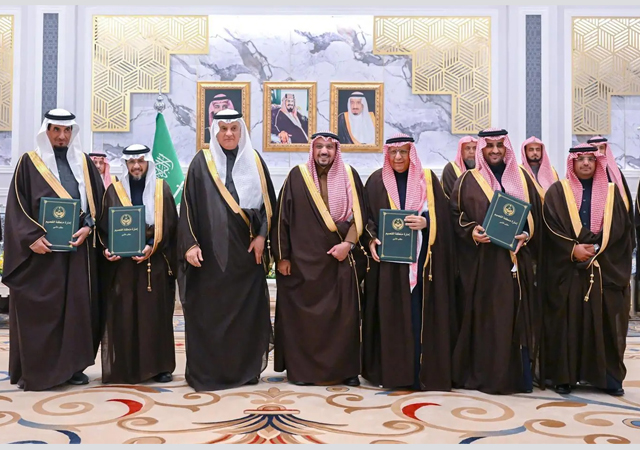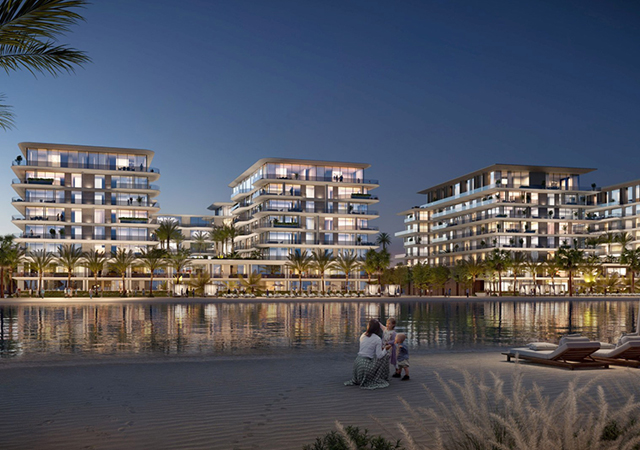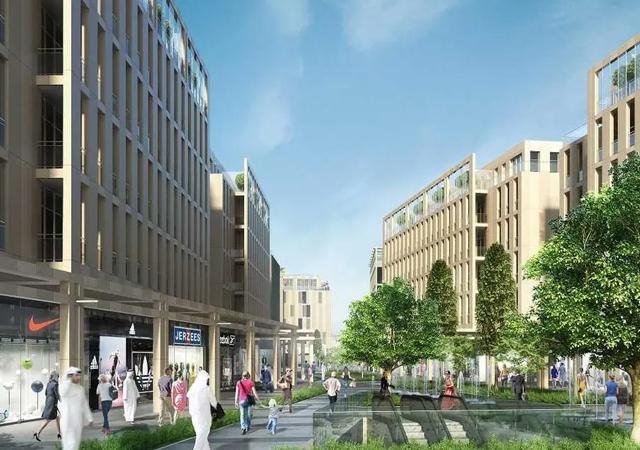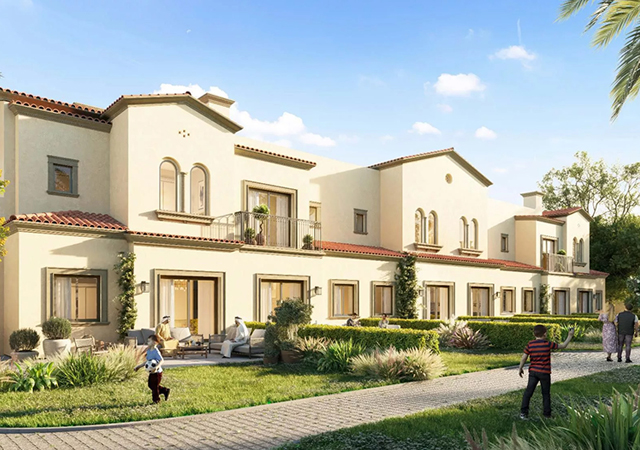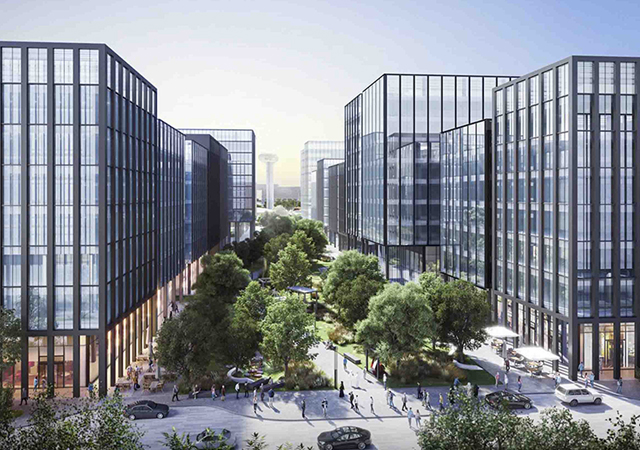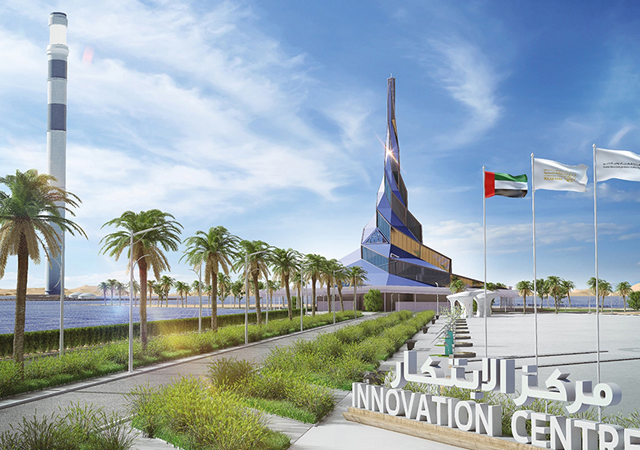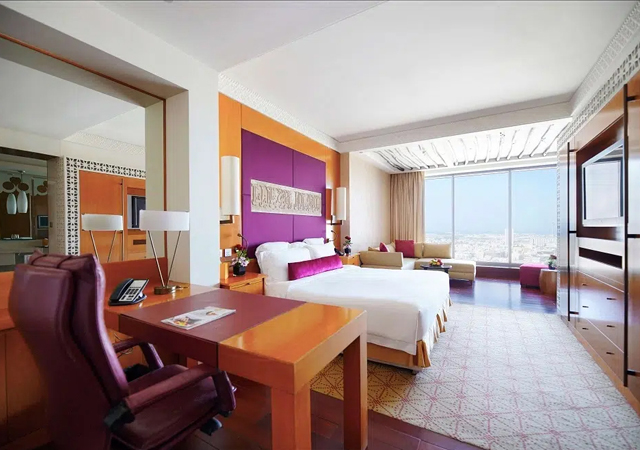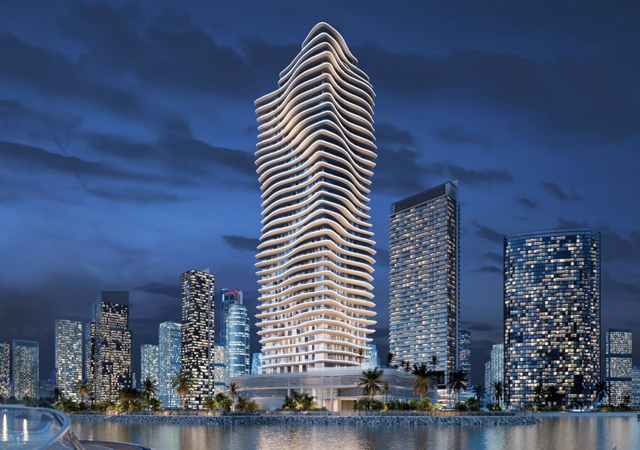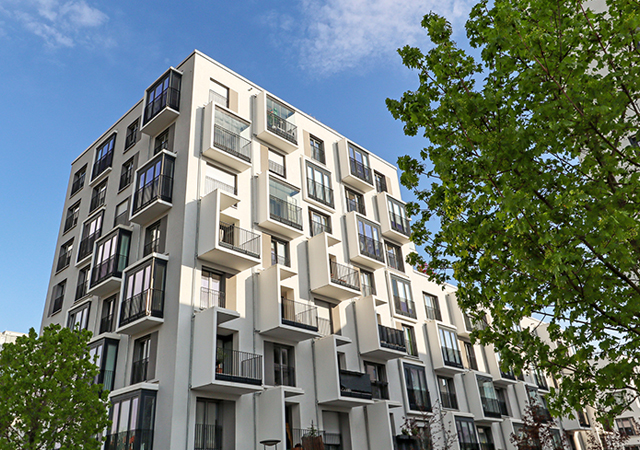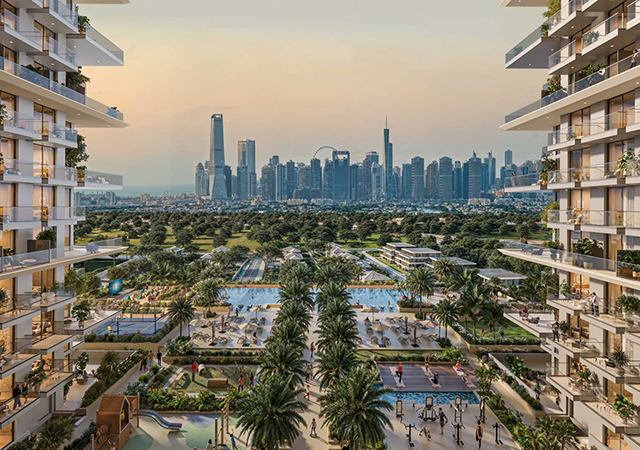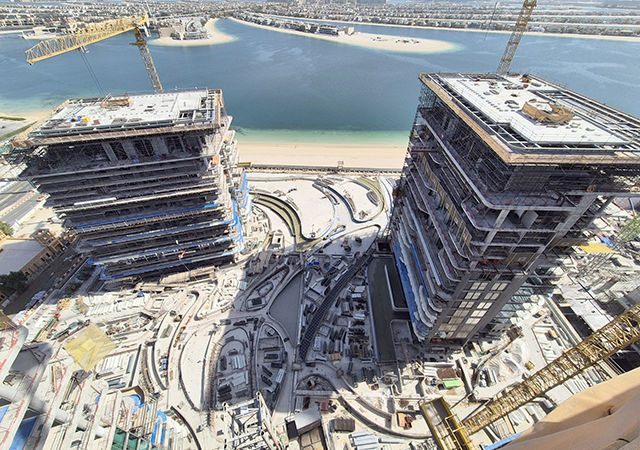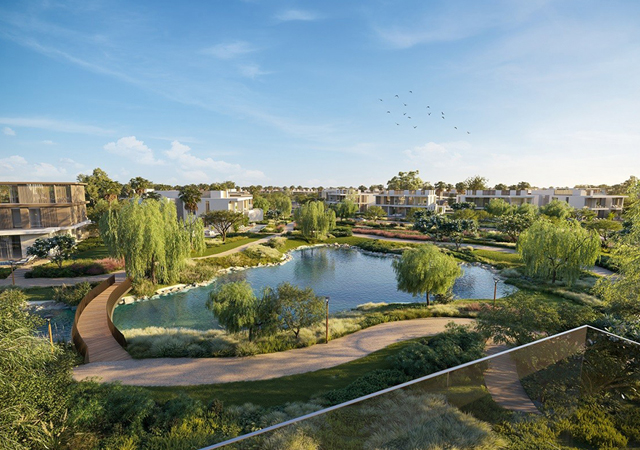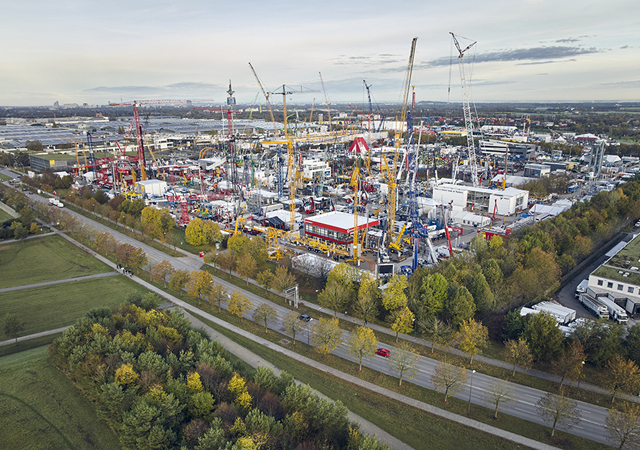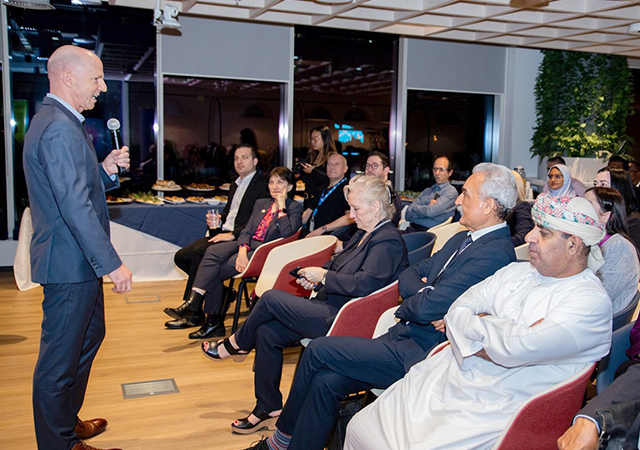
Road development projects continue to be among the largest infrastructure investments across the GCC region and remains a top priority for governments in line with their urban planning initiatives, said a report.
The GCC countries are among the world’s most ambitious when it comes to developing mega infrastructures, driven by the vision to become a regional powerhouse that will attract investments and further diversify from oil, the Gulf’s major source of income, according to the latest report released by Orient Planet Research.
Despite financial challenges that hit the global economy in 2008-2009, as well as the fluctuation of oil and gas revenues, the Gulf’s infrastructure development continues at a robust pace, stated the report titled ‘Fast Tracking Development: Road Infrastructure in GCC’ which highlights the massive investments on road, tunnels and bridges across the GCC amidst oil prices fluctuation in recent years.
The total value of active infrastructure projects in the region has surged to $1.14 trillion with roads, highways and bridges among the highest number of projects, it added.
According to the report, a total of 1,069 road projects are currently under way in the region, the highest number among all infrastructure projects, with a combined value of $122.6 billion.
Worldwide, the UAE and Saudi Arabia rank among the top 12 global markets for infrastructure investment, stated the report.
The expenditure on road infrastructure has been a major growth factor in the region and governments continue to find these investments as vital to social and economic growth, it added.
To address budget concerns, there is a growing consensus towards tapping financing through public-private partnership as alternatives to ensure continuous delivery of transport-related projects, said the report by Orient Planet Research.
The regional heavyweights - Saudi Arabia and the UAE - are leading in the infrastructure spending across the GCC, it added.
Saudi Arabia has completed 55 road projects worth SR4.98 billion and has approves another 70 new projects, while the emirates has ongoing road development projects to the tune of Dh9.7 billion aimed at meeting the 2021 targets.
According to the report, Kuwait too is investing heavily with $13.2 billion already pumped into 24 major road infrastructure projects.
Meanwhile, the neighbouring Gulf state Bahrain too is boosting its infrastructure spend and aims to complete 11 new roads by 2022.
Oman is already working on its 270-km Al Batinah Expressway that connects 23 interchanges, 17 flyover bridges, 12 ground passes, and 25 bridges over wadis, stated the report.
Nidal Abou Zaki, the managing director of Orient Planet Group, said: "One of the important findings of the report points to the level of priority given to road projects by GCC governments, even when low oil prices impacted the regional economy in 2014 and 2015."
"Governments have maintained a positive approach to infrastructure development, including exploring new ways of financing important initiatives such as public-private partnerships," noted Abou Zaki.
Some of the major projects across the region include Dubai’s allocation of Dh15 billion ($4.8 billion) to complete key projects for serving the upcoming Expo 2020, including the upgrade of roads, ramps and flyovers.
In Saudi Arabia, over $400 million is being pumped into nine major road projects including the King Hamad Causeway, while Kuwaiti government is set to kick off the construction work on the Seventh Ring Road Project, a 93-km road network development.
Apart from individual projects within each GCC country, there are numerous planned and existing roads, bridges, and tunnels across the region. The major ones include the Saudi-Oman Highway, a 680-km road which will link the two countries and also cut down the travel time.
Another cross-country project is the Mafraq-Ghuwaifat International Highway (UAE-Saudi), a $5.3 billion project that links Abu Dhabi to the Saudi border.
Meanwhile, King Fahd Causeway is a strategic artery that is undergoing expansion to accommodate growing economic activities between Bahrain and Saudi Arabia, said the report.
"Investment in road projects across the region remain buoyant which is indicative of the governments’ commitment to expand social and economic activities in many parts of the region through the construction as well as renovation of bridges, intersections, tunnels, and inter-country causeways," he added.-TradeArabia News Service


